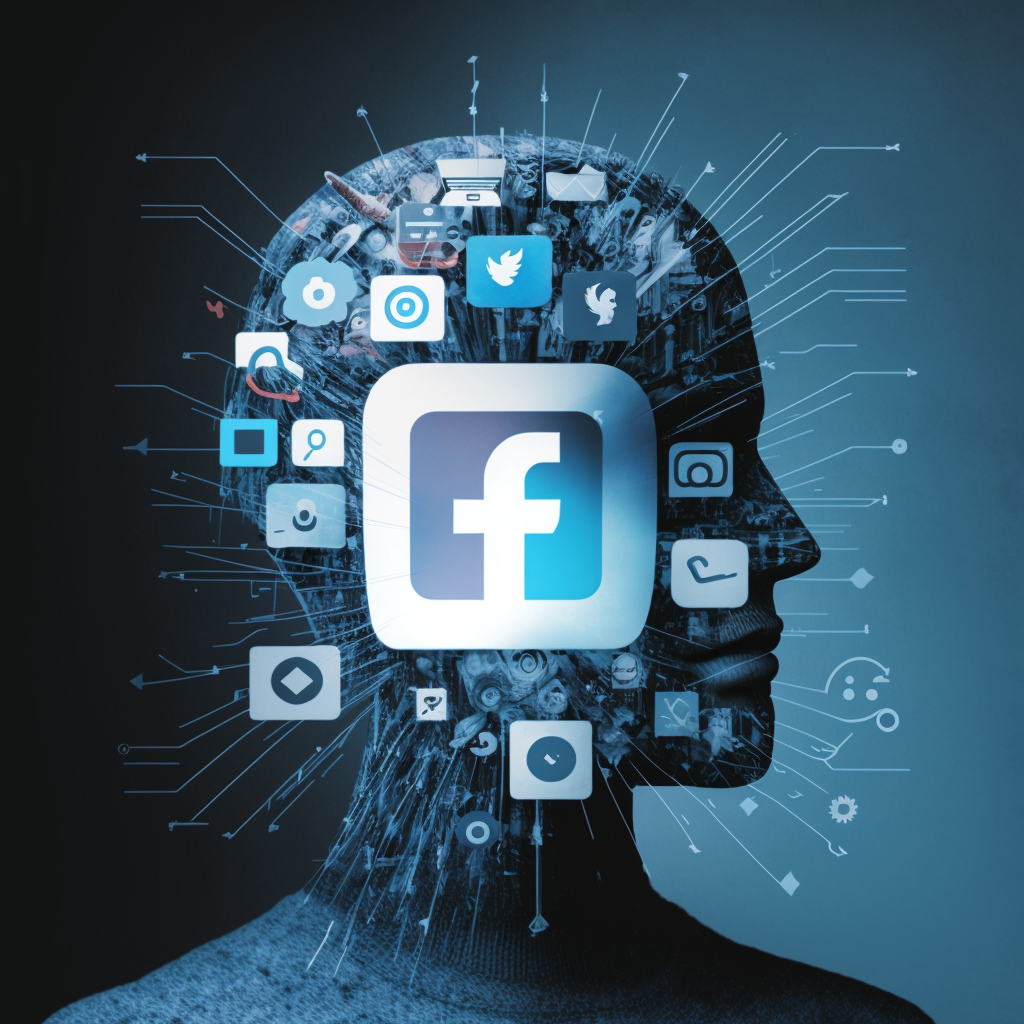Social media advertising has evolved from simple banner ads and promoted posts into a sophisticated part of the marketing mix that can deliver unprecedented levels of engagement and conversion. With social media platforms boasting billions of active users, it has become more critical than ever that brands create targeted, relevant, and effective ad campaigns. Over the past decade, Artificial Intelligence (AI) has emerged as a powerful tool for achieving these goals, enabling brands to leverage vast amounts of data to optimize their advertising campaigns and deliver superior results.
Understanding AI in Social Media Advertising
The role of AI in social media advertising cannot be overstated. It is a big data approach that enables brands – primarily via the leading social media platforms – to make data-driven decisions by analyzing user behavior, identifying patterns, and predicting outcomes. AI-powered advertising tools can sift through massive amounts of data, including user demographics, location, behavior, and interests, to identify the most relevant audience for your ad campaign. Some popular tools being used today include Adext, Pattern89 and Smartly.io. By using AI in social media advertising, brands can target their ads more effectively, resulting in higher click-through rates, more conversions, and better return on investment (ROI).
AI can also be used to personalize ad content for each user, ensuring that the message is tailored to their specific needs and interests. This level of personalization helps increase engagement and build stronger relationships with customers. Additionally, AI can optimize ad campaigns in real-time, adjusting the targeting, content, and other variables to deliver the best results possible. By leveraging the power of AI in social media advertising, brands can achieve a competitive advantage and stay ahead of the curve in the ever-evolving world of digital marketing.
AI-Powered Social Media Advertising Best Practices
To make the most of AI-powered social media advertising, there are several best practices that brands should follow. First, it’s essential to have a clear understanding of your target audience and their needs. By defining your target audience, you can ensure that your ads are highly targeted and personalized, leading to better engagement and conversion rates.
Second, it’s important to continually monitor and optimize ad campaigns in real-time. AI algorithms can provide valuable insights on user behavior and ad performance metrics, allowing brands to adjust ad targeting, content, and other variables to improve campaign results. This level of optimization ensures that ad campaigns are continuously improving and delivering the best possible ROI.
Third, brands should consider using AI-powered tools to create and test ad content. By analyzing user behavior and preferences, these tools can create highly personalized ad content that resonates with users and drives engagement. This approach can lead to higher conversion rates and better ROI.
The social media platforms differ in their application of AI in advertising. Here are some of their approaches:
- Facebook: Facebook uses AI to help advertisers target their audience more effectively. Their algorithms analyze user data to create detailed profiles of individuals, allowing brands to target users based on their interests, demographics, and behavior. Facebook also uses AI to optimize ad delivery and predict which ads are most likely to drive conversions.
- Twitter: Twitter uses AI to analyze user behavior and content to identify potential advertising opportunities. The platform’s algorithms can identify tweets that are relevant to a particular brand or product, and serve ads to users who have engaged with similar content in the past.
- LinkedIn: LinkedIn uses AI to target ads to users based on their job title, industry, and other professional attributes. The platform also uses machine learning to optimize ad delivery and predict which ads are most likely to drive conversions.
- Instagram: Instagram uses AI to help brands create more engaging ads. The platform’s algorithms analyze user behavior to identify which types of content are most likely to resonate with users, and can even generate ad copy and images automatically based on the brand’s preferences.
- TikTok: TikTok uses AI to help brands create engaging video ads. The platform’s algorithms analyze user behavior to identify which types of content are most likely to resonate with users, and can even suggest music and hashtags to use in the ad.
The AI techniques used by these platforms include machine learning, natural language processing, computer vision, and deep learning. These techniques allow the platforms to analyze vast amounts of data and optimize ad delivery in real time.
As AI continues to evolve, so too will the possibilities for social media advertising. AI-powered social media advertising offers a range of benefits, from increased accuracy in identifying the most effective influencers to hyper-personalized experiences for consumers. By embracing AI-powered social media advertising, brands are achieving their marketing goals more efficiently and effectively.
